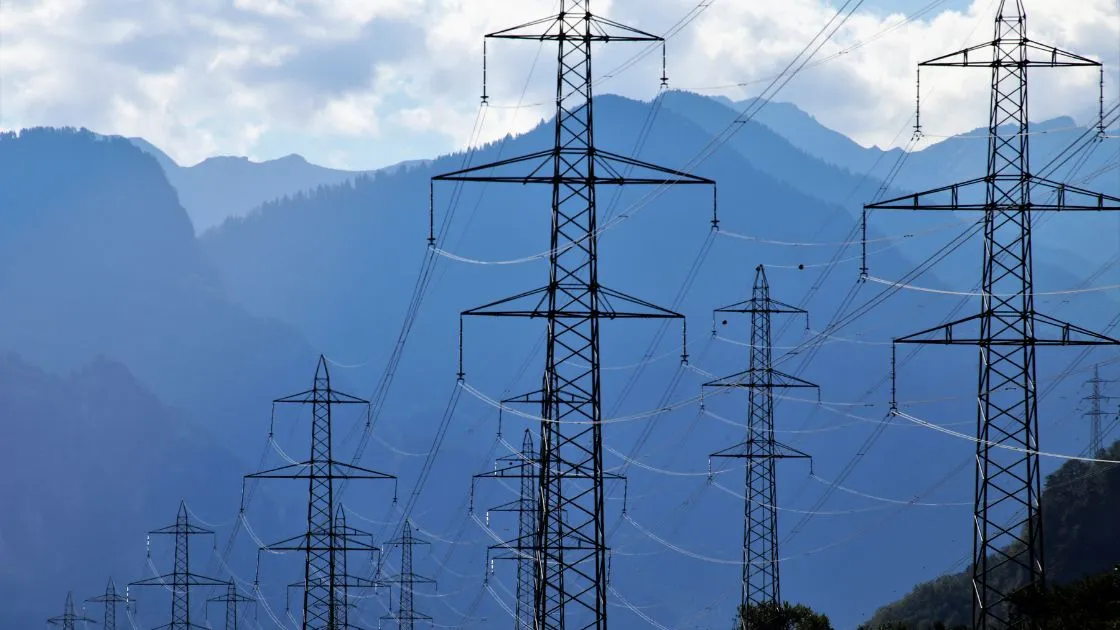World Bank Greenlights Revival of $1.2B CASA-1000 Project
Staff Report
The World Bank has approved the resumption of the $1.2 billion CASA-1000 project, which was previously stalled due to security issues in Afghanistan. This project involves three countries: Tajikistan, Kyrgyzstan, and Pakistan.
The World Bank stated that construction in the other three participating countries was nearly complete, and they had requested to resume work on the CASA-1000 project in Afghanistan to mitigate the risk of it becoming a stranded asset.
It was emphasized that similar to IDA funding, this project will be executed in a manner that ensures it does not engage with the systems of the Taliban government.
Before the Taliban takeover, the World Bank had more than 80 staff in Afghanistan, who left following the takeover. Pakistan has long been advocating for this project, which aims to create an energy corridor between Central Asian States, Afghanistan, and Pakistan. Experts believe that this increased dependence on regional connectivity will bolster relationships between these countries.
The World Bank’s executive board has endorsed a new approach to its relationship with the people of Afghanistan, known as “Approach 3.0.”
This approach will also revive a regional infrastructure project that was paused after the Taliban took control of Afghanistan in August 2021.
Pakistan is already working on setting up infrastructure in Peshawar to receive electricity supplies from Central Asian States.
Under the agreement, Pakistan will also have the ability to supply electricity to Central Asian States in case of surplus availability and if those states require electricity.Pakistan, Tajikistan sign several MoUs
Despite the ongoing conflict, the Taliban in Afghanistan have expressed support for this project. Additionally, Central Asian states have been exporting electricity to Afghanistan, and the Taliban have not sabotaged any electricity transmission lines.
Experts suggest that Afghanistan will also receive a share of the electricity being exported by Central Asian States, reducing the likelihood of sabotage.








